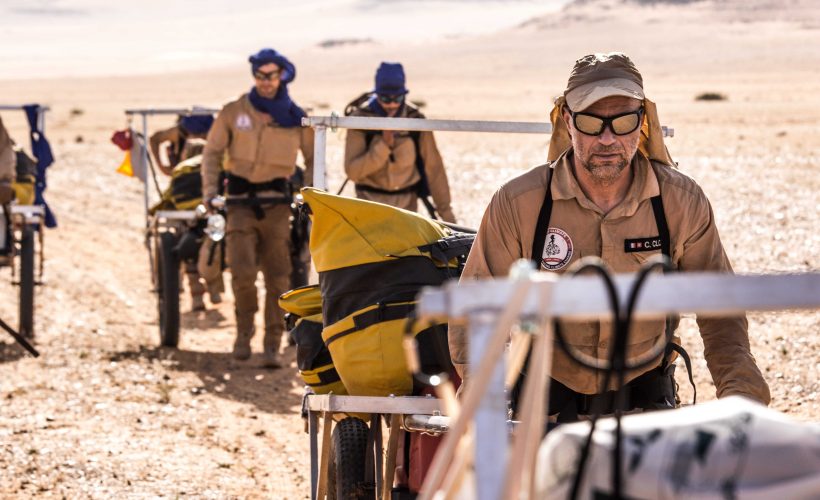Tech & Business
10.5.2020
Lebanon: student researchers create a carbon footprint calculator

In response to the unprecedented environmental crisis facing humanity, students at Notre-Dame University, located in Zouk Mosbeh, Lebanon, have taken the initiative to create their own carbon footprint calculator to help companies better manage their environmental impact.
Their names are Mira Bechara, Amani Nasr and Abdo el-Mallah, and their professor Sophia Ghanimeh, and they may have just taken a big step towards a more environmentally friendly society. For their end-of-year project, these three students in their final year of civil and environmental engineering at the University of Notre Dame (NDU) have created a carbon calculator with the support of the school and the climate change division of the United Nations Development Programme (UNDP).
For what purpose?
The goal is to get institutions and companies to reduce their carbon footprint and give more respect to an environment in great need of preservation. Starting from scratch, the student team collected a considerable amount of data in order to include as many criteria as possible in the tool, and to compile with constantly evolving technologies to offer the smallest possible margin of error, and a very simple tool to use.

From left to right: Mira Bechara, Professor Sophia Ghanimeh, Amani Nasr and Abdo el-Mallah. Photo Credits: L’Orient Le Jour – Janette Élias
A simple spreadsheet
The tool takes the form of a Microsoft Excel workbook consisting of a user guide and various fields to be filled in. It then calculates the results for three main gases: nitrous oxide, methane and the main greenhouse gas, carbon dioxide. This is what the final figure, the so-called “carbon footprint”, will be based on.
What next?
The next step is to get as many people as possible to use the tool. To do this, young inventors are banking on gamification. As it stands, the calculator makes it possible to report on the various environmental “good actions” implemented by institutions. These green behaviors allow them to gain points in order to establish a ranking of the most ecological in Lebanon. Pollution only has to be well behaved!
popular

